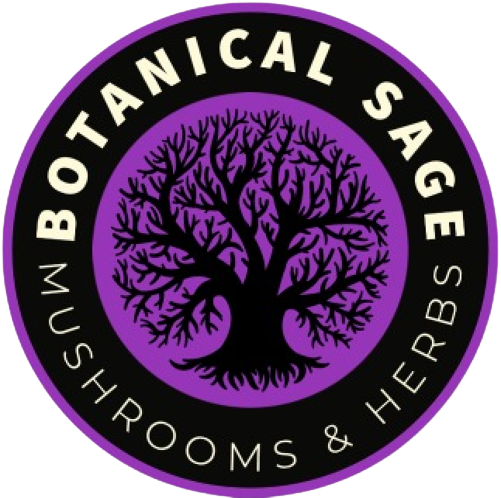Botanical Sage
Carob Pieces Roasted
Carob Pieces Roasted
Couldn't load pickup availability
Carob (Ceratonia siliqua) is a tree native to the Mediterranean region, and its pods are often used as a cocoa substitute in various culinary applications. While carob is primarily known for its use as a food ingredient, it also has several potential medicinal uses. Here are some of the traditional and modern medicinal uses associated with carob:
-
Digestive Health: Carob is rich in dietary fiber, which can aid digestion and promote regular bowel movements. It may help alleviate symptoms of constipation, bloating, and other gastrointestinal discomfort. Additionally, carob contains tannins, which have astringent properties that may help reduce diarrhea.
-
Blood Sugar Regulation: Carob has a low glycemic index, meaning it does not cause a rapid increase in blood sugar levels after consumption. It may be beneficial for individuals with diabetes or those looking to manage blood sugar levels. Carob contains natural sugars, but in smaller amounts compared to cocoa, making it a suitable alternative for those monitoring their sugar intake.
-
Heart Health: Some research suggests that carob may have cardioprotective effects. It contains polyphenols, antioxidants that may help protect the heart and blood vessels from oxidative damage and inflammation. Regular consumption of carob may contribute to overall cardiovascular health.
-
Antioxidant Activity: Carob contains various antioxidants, including flavonoids and phenolic compounds, which help neutralize free radicals and reduce oxidative stress in the body. Antioxidants play a role in preventing cell damage and lowering the risk of chronic diseases such as cancer and heart disease.
-
Bone Health: Carob is a good source of calcium, magnesium, and potassium, minerals that are important for maintaining bone health. Consuming carob as part of a balanced diet may help support bone density and reduce the risk of osteoporosis.
-
Weight Management: Due to its high fiber content and low glycemic index, carob may help promote satiety and prevent overeating. Including carob in meals and snacks may contribute to weight management efforts by helping individuals feel fuller for longer periods.
-
Skin Health: Carob extract is sometimes used in skincare products for its moisturizing and antioxidant properties. It may help nourish the skin, protect against environmental damage, and promote a healthy complexion. Carob extract may be found in creams, lotions, and serums designed for dry or mature skin.
-
Respiratory Health: In traditional medicine, carob has been used to alleviate coughs and sore throats. While more research is needed to confirm its effectiveness, some people use carob as a natural remedy for respiratory symptoms due to its soothing properties.
It's important to note that while carob may offer various health benefits, it is not a cure-all, and its effectiveness may vary depending on individual factors. As with any herbal remedy or dietary supplement, it's advisable to consume carob in moderation as part of a balanced diet. If you have any specific health concerns or medical conditions, consult with a healthcare professional before incorporating carob into your routine.


